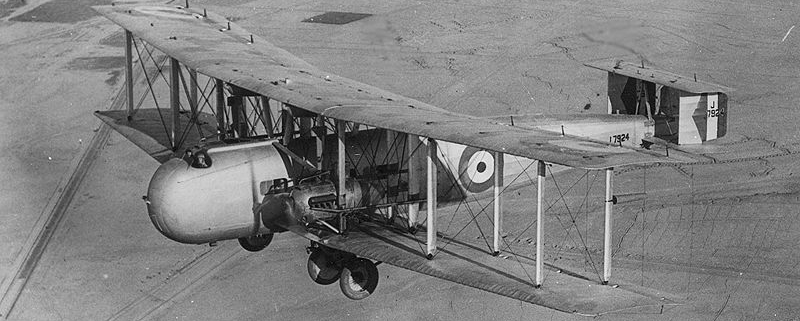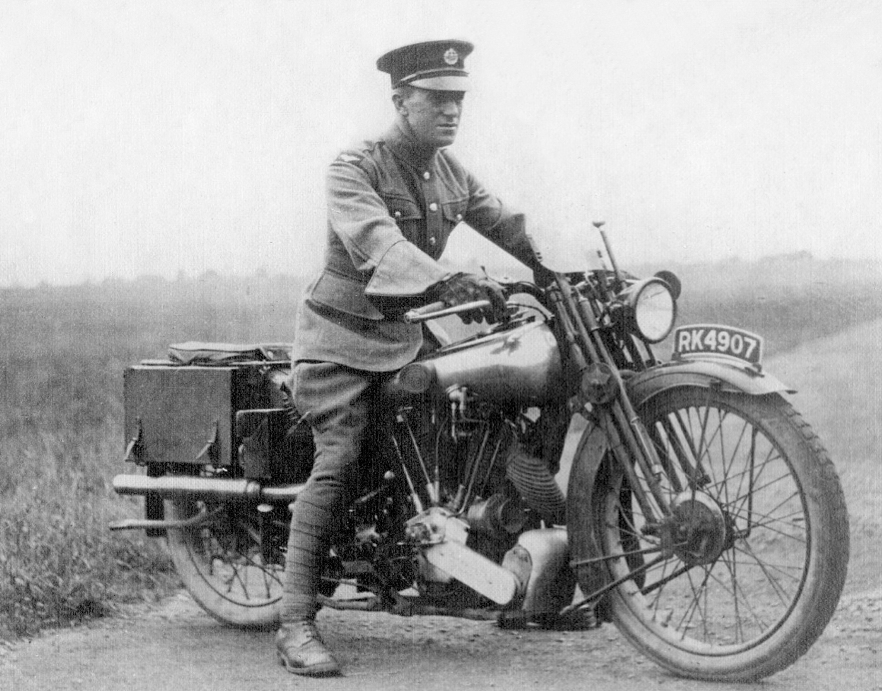First Mass Evacuation of Civilians by Air – from Kabul in 1928
Perhaps History does repeat itself. In July 1928 King Amanullah of Afghanistan returned from a lengthy tour of Europe. His enthusiasm for Western manners did not endear him to his subjects, and the Royal Family was forced to flee an armed uprising to neighbouring British India. The British Minister at the newly-built British Legation, Colonel Sir Francis Humphrys, was able to call in 70 Squadron, then based in Iraq (and now at RAF Brize Norton.) The Squadron’s workhorse was the Vickers Victoria, designed to carry 24 troops and their equipment at about 100mph. In 84 missions between 23 December 1928 and 25 February 1929, the RAF pilots, in open cockpits and relying on rudimentary instrumentation, flew 586 shivering passengers of 11 nationalities across the wintry mountains of the Hindu Kush to Peshawar, in what is now Pakistan.
Sherard Cowper-Coles was British Ambassador in Kabul from 2007 to 2009. In ‘Cables from Kabul’ (published 2011) he describes commemorating the 80th anniversary of the first Kabul Airlift, and writes that ‘an added twist to the story was the fact that Aircraftsman T.E. Shaw (aka T.E. Lawrence) was sitting at RAF Miramshah, spending his spare time preparing a new translation of Homer’s ‘Odyssey’. But the word got out among the Waziri tribesmen that “Al Urens” (as the Arabs called Lawrence) was among them, plotting.’ Very swiftly Shaw/Lawrence was transferred from British India back to England, where he continued his service in the ranks until 1935. Two months after leaving the RAF, in May 1935 he was catapulted over the handlebars of his powerful Brough motorcycle and fatally injured near his cottage Clouds Hill, in Dorset.
In January 2009 Cowper-Coles met briefly with Vice-President-elect Joe Biden, emphasising his belief in ‘the need for the military effort to be complemented by a political approach, involving both the internal and the regional parties to the conflict. …. Senator Biden’s scepticism about the feasibility – and afford- ability – of a serious counter-insurgency strategy in a country of the size and poverty of Afghanistan was clear. …. (Cowper-Coles argued that since 2001) There had been huge improvements in health, in education, in infrastructure and, amazingly, in prosperity. All these could be endangered if we pulled our ground-holding forces back unilaterally.’ (pp200-201) Prophetic words written ten years ago.
The subject of the Teulon Porter Memorial Lecture by Professor Anthony Badger at 7.30pm in Shaftesbury Town Hall on Tuesday 05 October 2021 will be ‘The 2020 American Presidential Election in Historical Perspective.’ Free to members of The S&DHS; otherwise £5 on the night.




